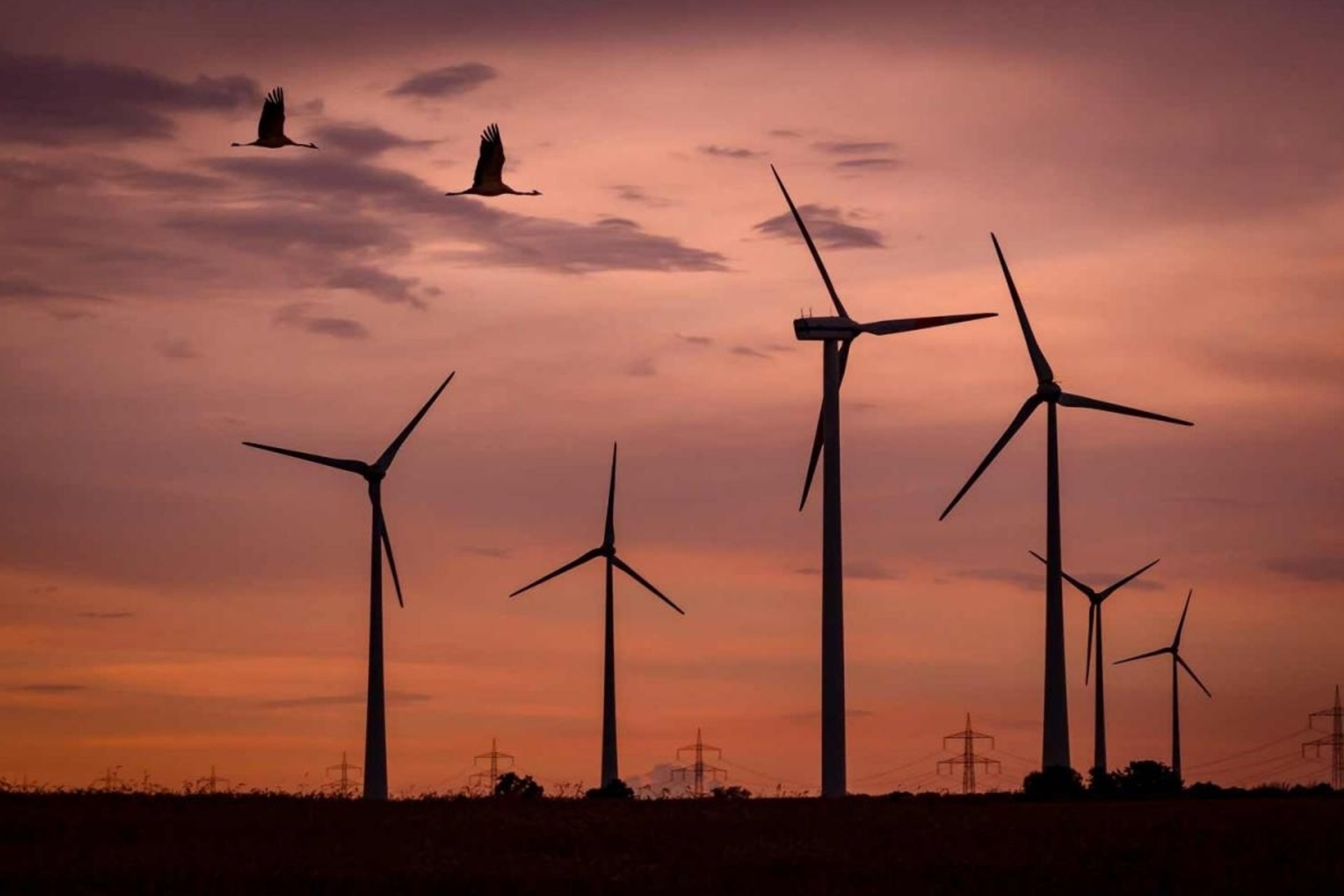Water and Energy Connections
Funding Year: 2017
Research Areas: Other, Sustainability
Regions: North America
Water and energy are integrally linked. Energy is used throughout the entire water supply system for extraction, purifying, distribution and delivery, heating and later for wastewater collection and treatment. On the other hand, water is used in energy extraction, production, transportation and storage; electricity generation; refining and processing fuel; and power plant cooling among other functions.
Understanding this link is critical to successful management of both resources. As the water sector replaces analog with smart water meters, what can water managers and end-users learn from energy smart metering? What demand responses in one system correlate to responses in the other? What management and behavioral strategies can reduce use of energy and water? Using data analytics, social science, modeling and policy expertise, this project will apply electricity smart meter data methods to water smart meter data, while developing new tools toexplore relationships between household water and electricity consumption; and pilot a water / energy feedback experiment. Enhanced knowledge of urban water and energy use patterns and their interrelation can help utilities within both sectors coordinate their operation and management as well as share resources (both human and financial). As we move toward smart cities, understanding the compilation of various data sources from different sectors can lead us to enact implementation of more sustainable resource management strategies across multiple sectors.This research will benefit from collaboration between research teams working on big data in each sector, and providean opportunity to share knowledge and develop innovative cross-disciplinary solutions.
Learn more about the Environmental Venture Projects grant program and other funded projects.
Principal Investigators:
Ram Rajagopal, Professor of Civil and Environmental Engineering
Bruce Cain, Professor of Political Science
Project Team:
Newsha Ajami, Associate Investigator
June A. Flora, Research Scholar


